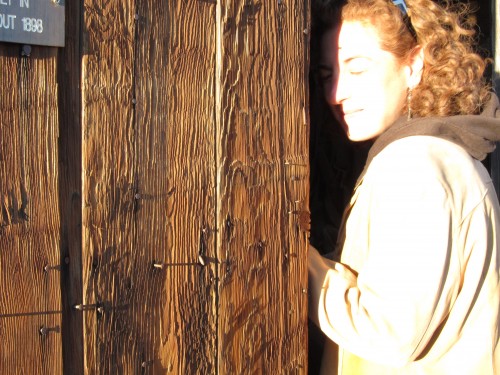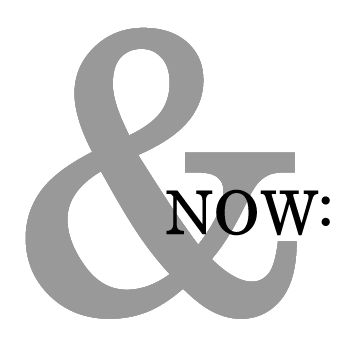I often think about the various ways in which the small press world differs from the big press world in terms of company practices and choices and how the former could potentially benefit from borrowing some ideas from the latter.
For example, back in the summer of ’09 I asked the question “How come indie publishers don’t do audio books?” This led me to imagine one-upping big presses by suggesting that small presses produce audio commentary for books, like having a writer walk through their book and talk about each section as though it were director commentary on a dvd.
For the most part, neither of those practices have really materialized in the small press world, as far as I know. Although I didn’t do the audio commentary thing, I thought making an audiobook sounded like such a good idea that when the time came last year I made one for my novel, The Complete Works of Marvin K. Mooney, which turned out pretty cool. (You can sample it here, and you can get it here for whatever price you want to pay — just scroll down when you get there.) Thankfully, Ken Baumann, the visionary behind Sator Press, who published my book, is such a fantastically forward-thinking publisher that he supported and nurtured the idea — making Sator Press the first small press (that I know of) to offer a complete audiobook version of one of their titles. Full disclosure, my audiobook has yet to garner much critical appreciation or even very much public commentary at all — which is probably to be expected, at least in part because it’s such an anomaly — but in fact I have received emails and gchats and even a few pieces of snail mail from people saying how much they dug it, leading me to believe that there is potential interest to be found in this untapped market.
Which brings me to what I propose could be another untapped market for the indie/small/micro press……something called “Transmedia Storytelling.”
READ MORE >






